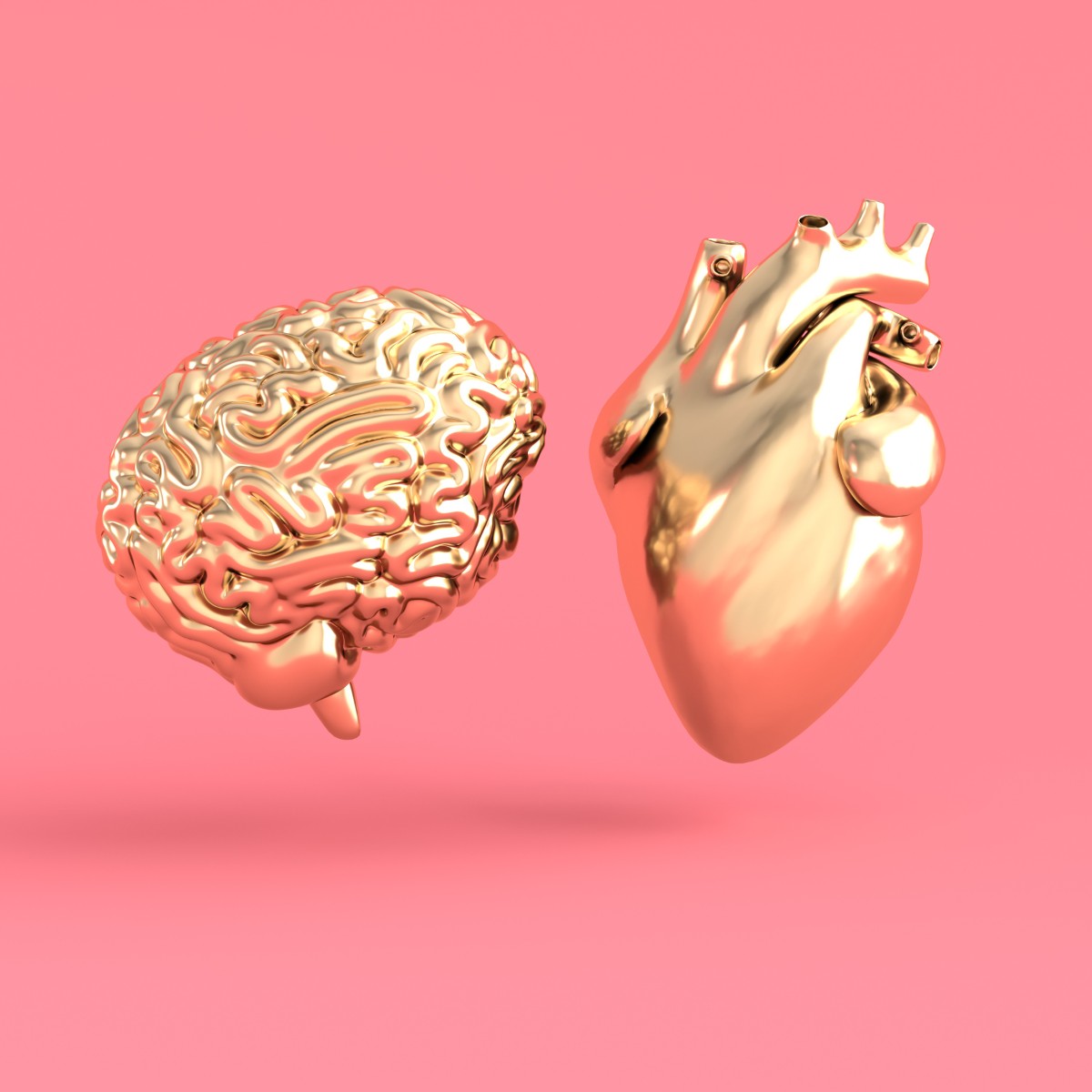Happiness is post cognitive: If you think correctly and rational, than your emotions are functional and healthy.
From scientific point of view the happiness is generated: 50% are genetic factors (the difference between two people happiness is due genetic inheritance and
not to be happy or not), 40% are psycho-social factors (our way of thinking) and 10% are your life experience factors.
Types of happiness:
1) Pleasant life (hedonistic happiness, happiness as emotions) - well-being with very strong physiological load. This happiness happens when you are doing what you love: if you love to read, you read, if you like to travel, you travel etc. to obtain the happiness. You obtain happiness by planning to do what you like every week (hobbies).
2) Good life - to acknowledge your strong points (we are very good in doing something but we focus in doing something else). It is very important to involve yourself in activities which will use your strong points. In this way you get maximum of productivity minimizing your efforts. Good life is guaranteed because does not exist discrepancy between what you expect and what you are doing.
Ideal ego and real ego. The human mind is not liable to rationality, he is liable to irrational. We are not able to find the true without assistance and we have the tendency to mistake our strong points with something ideal (positive illusions). To find our real ego we need guidance (the school to identify children’s talents).
3) Life with meaning (eudemonic happiness) - to have very clear values and your life to be in concordance with these values. 3 to 5 main values. If your life is subordinated to your values, no matter what will happen, you are protected. Maybe you are not the happiest (active emotional and with a physiologic raiser rate very high), but you will be satisfied with your life.
Styles of thinking:
1) Physiological, rational thinking is:
- having flexible mind - your goals and desires are formulated in preferential terms (ai wish , I do everything to , but you are ready to accept that what you want could be not happening)
- non catastrophic thinking
- thinking with frustration tolerance
- thinking with nuanced evaluation
2)
Irrational thinkingis:
- rigid thinking in terms of “must”
- catastrophic thinking
- no tolerance to frustration
- thinking with global evaluationIn case of an unfortunate event, people with irrational thinking are falling in depression, people thinking with reason are sad individuals but their sadness is a sign of being normal and is concurrent with happiness. The way people are thinking makes the difference between a healthy person and a person with psychological problems. The healthy people can experience the happiness.
The human mind is not liable to rationality, he is liable to irrational. The rationale thinking is something that we need to learn, to educate ourselves.
Negative emotions vs. pathological emotions:
- sadness vs. depression
- dissatisfied vs. angry and aggressive
- worries vs. panic and anxiety
Positive emotions with negative outcome:
- authority with tyrannical effect
Pre-purpose and post-purpose emotions:
Pre-purpose emotions = emotions which motivates for the task (optimism, hope) - it activates the working memory
Post-propose emotions = satisfaction emotions - it helps to sediment the experiences into long term memory
Pre-purpose and post-purpose emotions have to have always this order and never to be skipped one of them. Pre-purpose emotions will prepare you for the task ant post-purpose emotions will enable you to be happy about what you did.
Positive thinking theory:
The theory of “positive thinking “ I could be a wrong concept; it should be promoted
rational thinking with positive or negative content. As a person you have value through your existence and not through what you are doing. You exist and only your behavior can be positive or negative and not you as a person.
Positive thinking is common sense, but positive thinking in unfortunate events may create unwanted emotions by running into irrational thinking (must be). No backup if things are not happening as planned. Rational thinking (flexible thinking) creates the healthy emotions. They may be negative emotions, but not pathological.
The positive illusions and optimism are good on a realistic background. Positive illusions and optimism should be based on rational thinking always (backup if that ideal situation does not occur).

